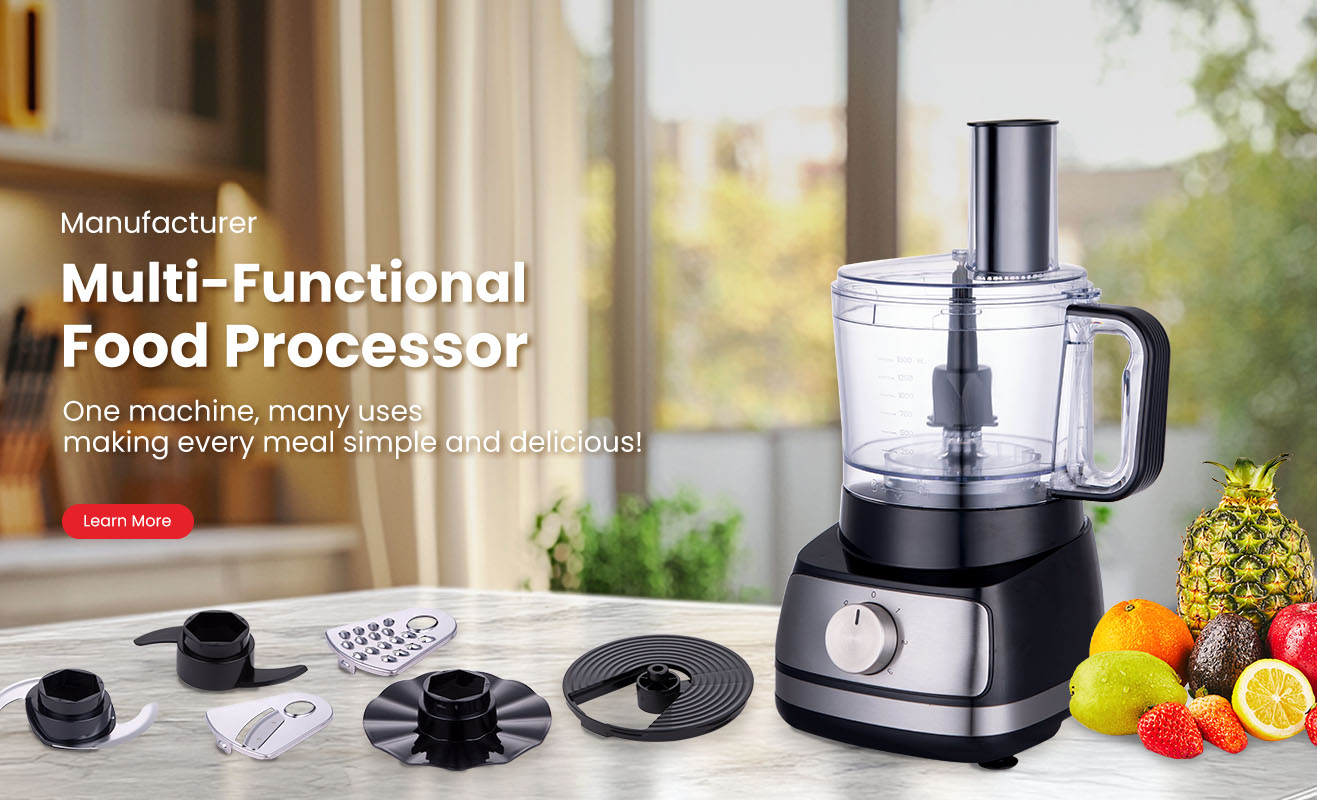The Future Of Food Manufacturing And Processing With Remodelling Of Industrial Blenders!
As the food and beverage industry becomes more competitive, it requires efficiency and consistency as well as innovation. This is where Blenders stand out in transforming these sectors. For instance, blenders help companies scale up production while improving their output quality to cater for the increasing consumer demand to produce food faster and with more variety. Due to technology advancement, blenders have transformed over the years, and now they come with different features and are more flexible. This was the future of food manufacturing and processing’s simply the blenders have many benefits in companies.
1. Boost Production Efficiency with Industrial Liquid Blender
Food processing through the use of blenders has become less labor-intensive and faster in its operations. For instance, some core food processing components in the olden days such as chopping and pureeing could be done quite painstakingly and rather slower. Modern industrial blenders however have been created to integrate such functions and auto-generate high rate of output, thereby cutting down the processing period. Within one single piece of equipment, a blender is able to blend, chop, grind and emulsify all 4 rapid production processes making food. Such blenders help to reduce the number of machines needed and make the customer’s work easier.
2. Utilization of Better Quality Control And Consistency
In production as well as in processing, the maintenance of certain standards is of vital importance, especially when developed products will have such applications as in mass production. The use of high-performance blenders guarantees that the required quality of blending will be achieved in every batch and this will ensure that the texture and flavor of any product cycle are uniformly achieved across all products in the cycle. This technique is critical for the beverage, sauces, soups as well as baby food production industries as it is known that product stability is one of the key selling features among customers. Modern blenders, by facilitating the blending processes strictly and automatedly, enable the maintenance of the desired quality level and the overall satisfaction of the customers.
3. Variety In Manufacturing Processes
Another important feature of the blenders used in food manufacturing is their broad scope of use that allows bulk processing of high volume of various products including liquids and purees, and powdered and grainy components. Such multifunctionality allows producers to widen their product range without having to buy new machines for each separate production process. As for beverages production, blenders range from fruit smoothie blending to energy drink preparation. In the bakery and snack food industry, they are mainly used for mixing batter, dough, and powdered toppings. By enabling the merging of several activities into a single machine, blenders relieve businesses of the shortage of space ensuring minimum production cost while giving maximum output.
4. Automation and Precision Control
Seeing the benefits of automation in the education of food manufacturing, blenders are adapting to the need for precision specification within the blending process. High end blenders can now be programmed even before the work commences: specific speeds, blending times, and cycles are set for the occurrence for the desired results. This ensures that the specifications for the products for consumers that have been developed are maintained in the large production of the food items hence more efficiency and precision. The same degree of accuracy and control removes, among other things, potential human factors in hand-held blending further enhancing food safety compliance measures.
5. Sustainability and Waste Reduction
Sustainability is among the major concerns within the population and blenders have also played a helpful role in this aspect. By including such sophisticated blending techniques, manufacturers are able to expeditiously employ more ingredients thus minimizing food wastage. They can turn all the remaining parts', or leftover materials, of the produce into more new products. Also, more advanced blenders are developed in a way that the energy consumed in the production activities is also reduced. This leads to sustainable practices in manufacturing, which is a growing concern in the slower economy for both customers and regulatory authorities.







